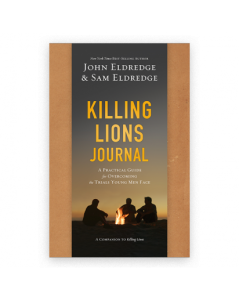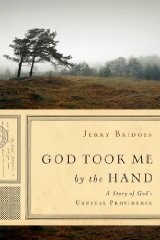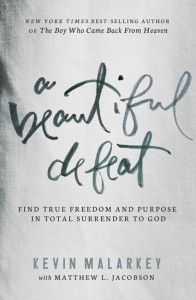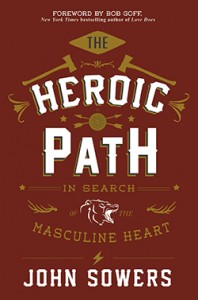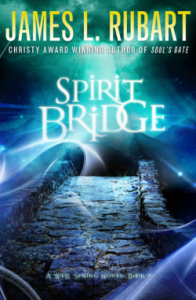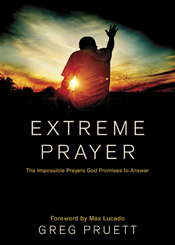“Fight Back with Joy,” Margaret Feinberg
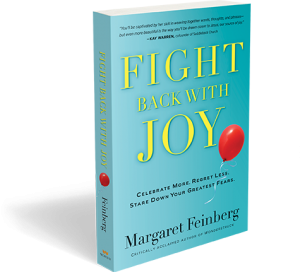 “Joy is one of those words that has been overused, distorted into a cliche.”
“Joy is one of those words that has been overused, distorted into a cliche.”
I nodded in agreement as I read that statement in the first few pages of this book. I confess I’m one of those people who doesn’t really understand it and too often relates it to happiness and/or my circumstances. Besides Margaret’s brilliant Biblical teaching, I was drawn to read her latest book to better understand “joy.”
Margaret drew me into her 18 month battle with cancer. We visit her doctors, the wards at the hospital, her standing in front of the mirror to inspect the surgeon’s handiwork and the downtime spent with her husband and puppy, Hershey. My eyes were never far from tears as my heart cried out for her but always awestruck at her bravery at sharing such details of the battle.
As I read this inspirational book I was constantly reminded of Brene Brown’s words, “Numbing the pain numbs the joy” as I believe that is how I’ve lived much of my life. Margaret stepped into her battle mindful of this and sought to discover joy. “No one is immune to sorrow, and only those who learn to grieve well can recapture the healing it brings.” and “Running from sorrow will only take you to scary places.”
Embracing our pain and sorrows enables us to experience joy. The sense of being intentional about experiencing joy was a key point I took from the book. Whether it’s in choosing to be alert to how we numb our pain, to loving intentionally with simple gestures as “thank you” and “I’m sorry,” or something grander like giving everyone in the hospital ward a red balloon as Margaret did, grabbing a hold of joy is a choice we make.
Often a challenging read, this is one of the books that lingers long after you’ve read it. As you’d expect, it’s full of relevant Biblical illustrations, Margaret’s sense of whimsy and brave storytelling. It also comes with some added extras at the end including tips on what to say to people going through a battle when you don’t know what to say and from Leif, her husband, on how a caregiver should care for themselves.


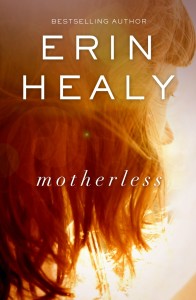
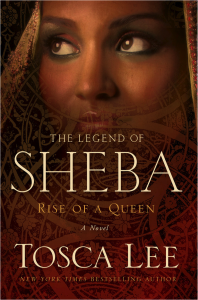
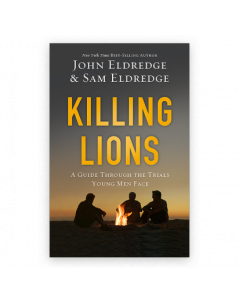 It was very special to be able to ‘participate’ in a conversation between a son and a father as they chatted about the key matters that impact a man’s heart.
It was very special to be able to ‘participate’ in a conversation between a son and a father as they chatted about the key matters that impact a man’s heart.